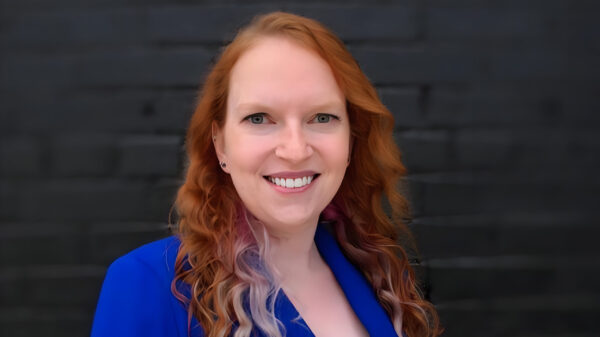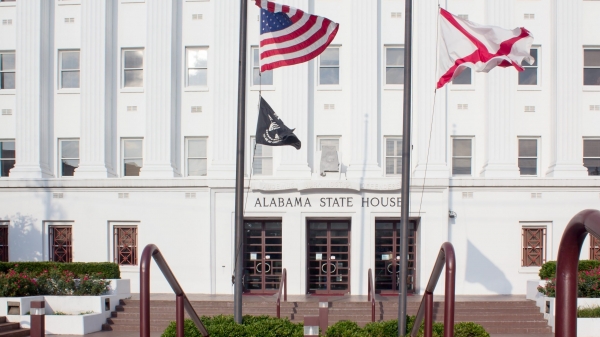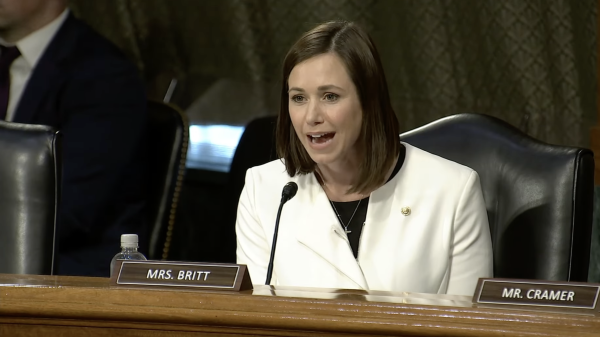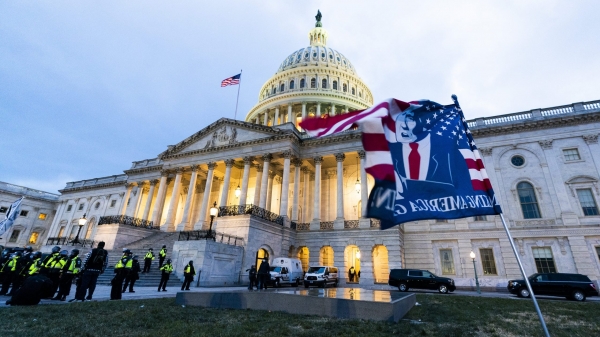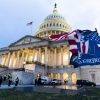By Brandon Moseley
Alabama Political Reporter
The American Society for the Prevention of Cruelty to Animals (ASPCA) joined the chorus of voices asking the Alabama State Board of Veterinary Medical Examiners to vote down a proposed rule which would close Alabama Spay/Neuter Clinics. In a written statement the ASPCA explained their opposition to the proposed rule which was voted down by the board Wednesday.
The ASPCA’s legislative director for the Southern Region, Sherry Rout said, ““Limiting the state’s low-cost spay/neuter clinics would have a devastating effect on Alabama’s animals. Not only do Alabama’s low-cost spay/neuter clinics help the state’s animals by reducing pet overpopulation and preventing future suffering, but they save taxpayer dollars by helping cut costs to local governments and communities who must deal with tough animal issues on a daily basis.”
Director Rout said, “Each year approximately five to seven million animals enter shelters across the U.S. and approximately three to four million are euthanized due to lack of space or ability to adequately care for them. Low-cost spay/neuter programs are one of the most powerful means by which veterinarians alleviate animal suffering and prevent death in their communities.”
The Board rejected the proposed new rule which would prevent non-profit animal shelterms from providing affordable spay and neuter services. In a hearing that was held Wednesday, the board heard testimony from concerned citizens, shelter directors, animal advocates and veterinarians who opposed a measure which would have closed the state’s nonprofit spay/neuter clinics. The Alabama State Board of Veterinary Medical Examiners voted not to approve the rule, which would prevented non-profit organizations from performing spay and neuter services.
Many Alabama veterinarians see the non-profit owned spay and neuter clinics as unfair completion and some supported a rule which would have mandated that only veterinarians could own veterinary clinics.
The ASPCA submitted comments opposing the new rule which would make it illegal for licensed veterinarians to work for non-veterinarian owned organizations. According to the ASPCA if the proposed rule had passed more animals would have been euthanized, pet overpopulation would increase, and would have disproportionately impacted low-income Alabamans. The ASPCA also claimed that the proposed rule contradicts state and federal law and that it was unethical because it defies a veterinarian’s professional obligation to reduce animal suffering and protect community health.
Currently, there are only four spay neuter clinics, which are designated as 501(c)(3) non-profit charitable institutions. However in the last four years those four clinics have performed nearly 80,000 sterilization surgeries for animal shelters and qualifying low-income pet owners. Critics of the clinics claim that that translates into 80,000 x ~$200 per surgery or $16 million out of the bottom line of local veterinarian owned clinics. The defenders of the clinics argue that most of those spay and neuter services would never have happened without the 501(c) (3) low cost spay and neuter clinics.
The ASPCA (The American Society for the Prevention of Cruelty to Animals®) was founded in 1886. The ASPCA is the first animal welfare organization in North America and claims more than two million supporters. The ASPCA is a 501(c)(3) not-for-profit corporation.



